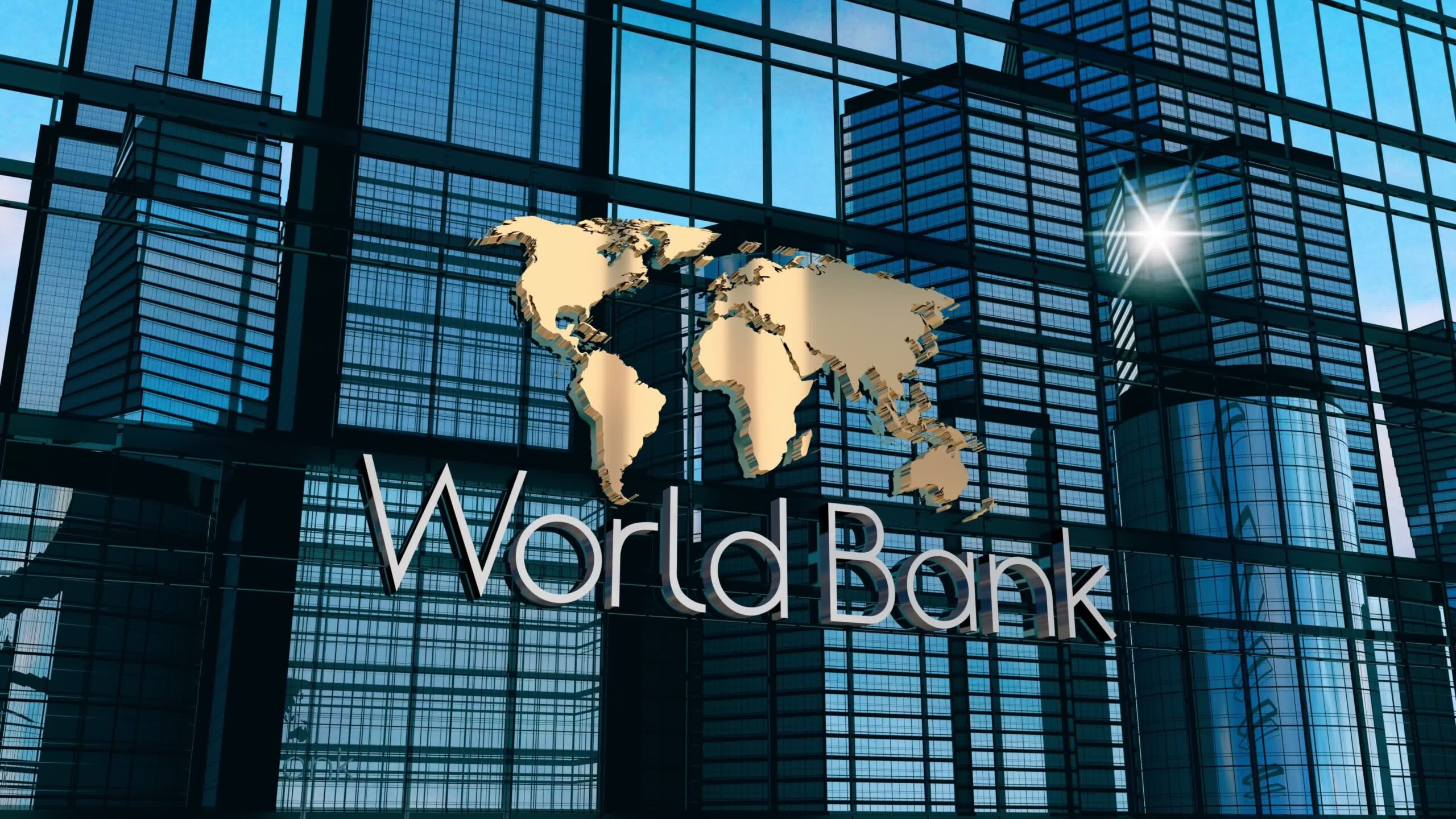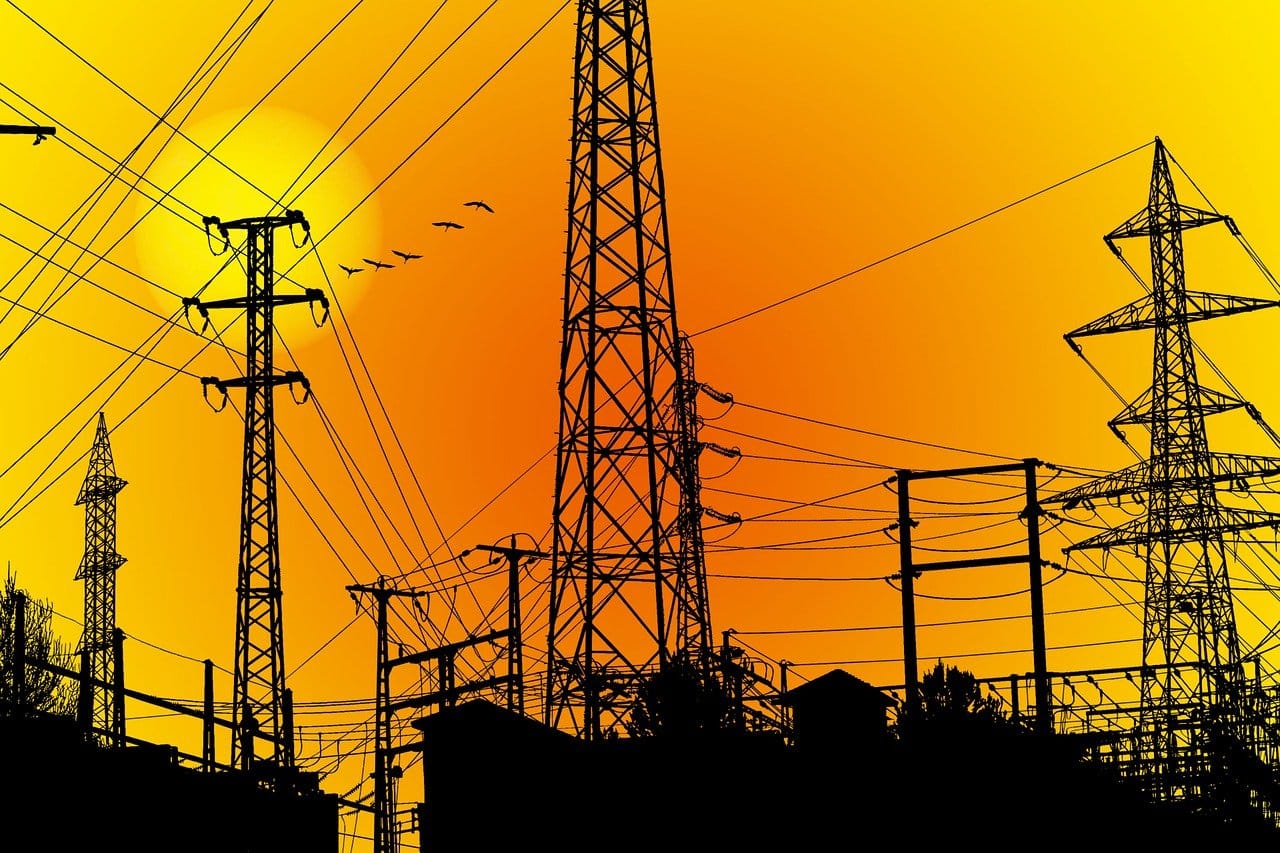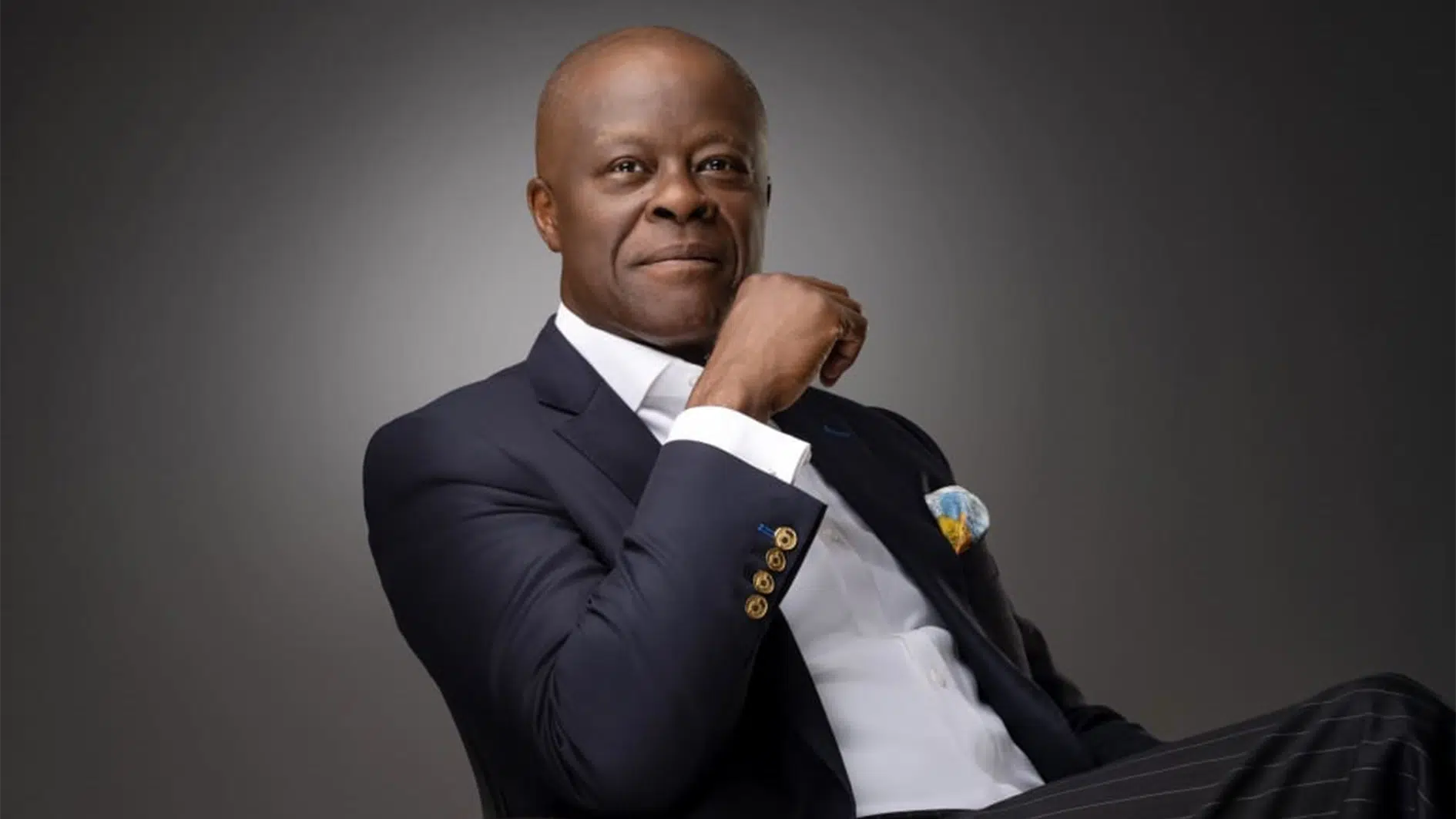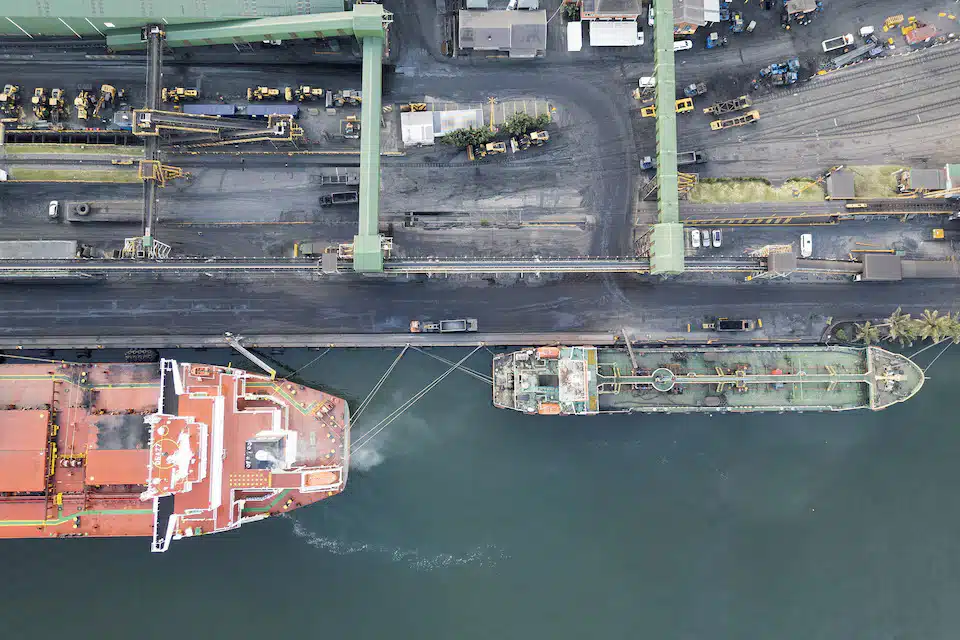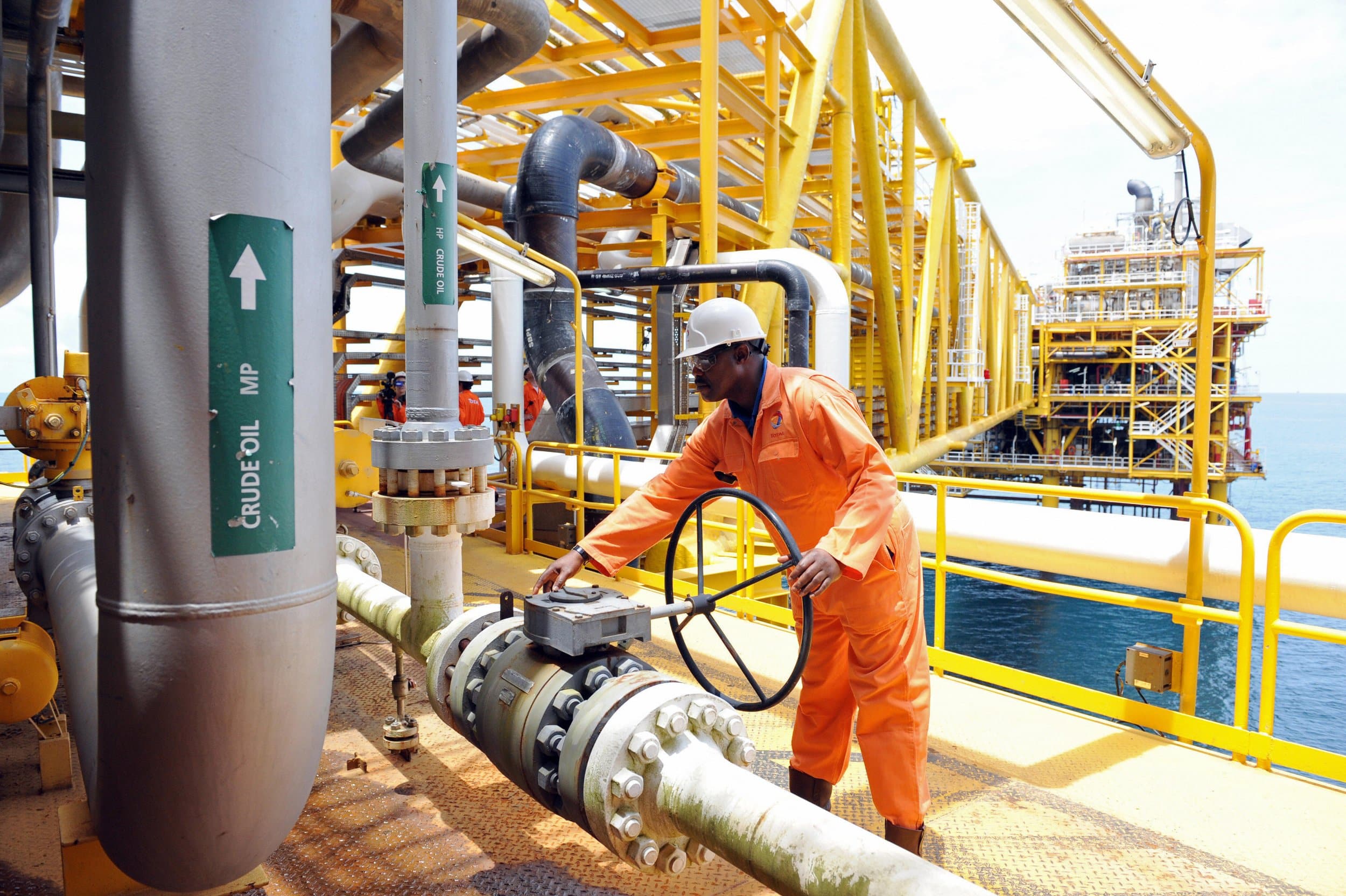Uganda will secure more than $2 billion in new financing from the World Bank over the next three financial years to support key economic development projects.
According to Ramathan Ggoobi, Permanent Secretary of the Ministry of Finance, the concessional funding will finance projects in transportation, energy, ICT, agriculture, and other sectors.
The World Bank resumed lending to Uganda in June 2025, nearly two years after suspending new loans over the country’s controversial anti-LBGTQ law.
“I am glad to announce that concessional financing is back. In the next three financial years, the World Bank will disburse over $2 billion of new money to finance our development,” Ggoobi said in a statement.
The World Bank did not immediately respond to a request for comment. The lender remains Uganda’s largest source of affordable credit, alongside China.
During the suspension period, Uganda resorted to domestic borrowing at higher interest rates, according to data from the finance ministry.
The government is also in talks with the International Monetary Fund (IMF) for a new Extended Credit Facility (ECF) after the previous $1 billion programme lapsed last year.
The finance ministry expects crude oil production, scheduled to begin by mid-2026, to push growth into double digits in the 2026/27 fiscal year.
Other developments
Uganda plans to borrow $358 million from regional and private lenders to fund key infrastructure projects, including a high-voltage power line to South Sudan.
Junior Finance Minister Henry Musasizi said the funds will come from the African Development Fund (ADF), the Arab Bank for Development in Africa, and Standard Chartered Bank.
The loan will also support the construction of a road linking Uganda to the Democratic Republic of Congo (DRC) and the expansion of clean water access.
Deputy Speaker, Thomas Tayebwa, referred the loan request to a joint committee of lawmakers for review before a final parliamentary vote.
Uganda currently produces surplus electricity after commissioning a $1.7 billion Chinese-funded hydropower dam last year and plans to export excess power to South Sudan.
In a related development, the government announced plans to invest $350 million over the next five years to expand and modernise its power distribution network.
According to Jonan Kizza, spokesperson for the Uganda Electricity Distribution Company Limited (UEDCL), the project aims to connect 47,000 new households and businesses to the grid every month.
He added that UEDCL achieved 104% revenue collection and remitted $61.5 million to the Uganda Electricity Transmission Company Limited (UETCL).

